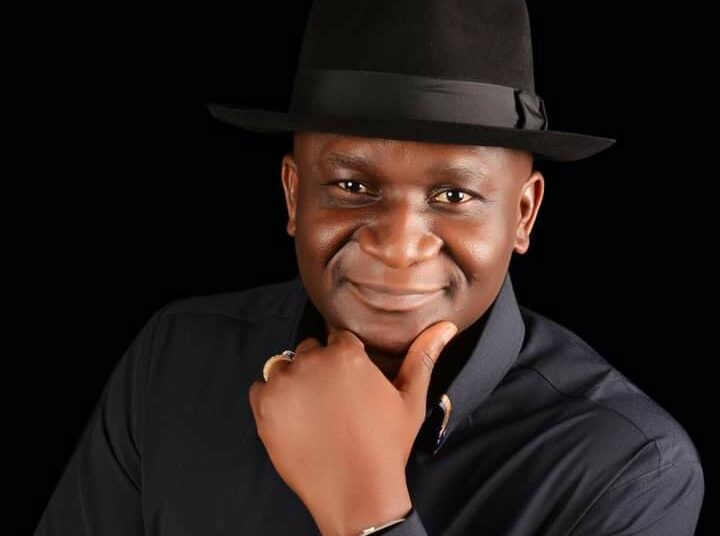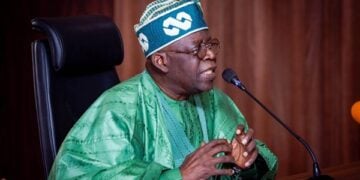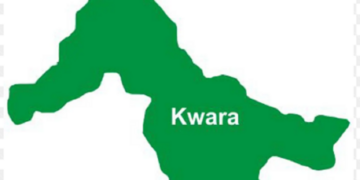Dateline: The corporate headquarters of the Niger Delta Development Commission, NDDC. It is a Tuesday-specifically July 11. At the main gate, there is a vast crowd. They struggle with the security men in their hunger to gain access.
All kinds of people are there. It is a visiting day. The people are in a hurry to get into the expansive complex. Most of them are very impatient and think it is an anathema to be asked some questions before being allowed access. Somehow, they are inside and their destination is the office of the managing director.
Virtually all of them are from the Niger Delta or do have some affiliation with the region. They believe that once they get into the commission and can access the managing director, they are made. So, they fight and fall on each other to get in.
But why are they not going towards the direction of the other management staff? Their answer is simple: the security in those places is too tight. There, you will hardly have a thorough fare. That is what you will hear.
Ironically, it is the office of the MD that you see the crowd. You may mistake that office for Mile one market, Port Harcourt. The atmosphere is the same both in the MD’s waiting hall and his main office.
On this particular day(and I hear it is always like that), there must have been no fewer than 400 people comprising boys and girls, men and women, those with flat tummy and those who are endowed with the GP tank size of tummy; you will see well dressed as well as unkempt people; you will also see the jobless and half employed. You will see corporate beggars and part time beggars.
The combined effect of the perfumes and even the stench that oozes out of the people are enough to disorganise you. They are all anxious to see the MD, Chief Samuel Ogbuku. Anyone who tries to stop or discourage them is automatically an enemy.
At some point, they become hostile to the security men attached to the office of the MD, with some of them even trying to force themselves into certain areas in the office. Upon the MD’s directive, they are allowed to hop in, but there is no seat for all of them. So, most of them end up hanging around. And they are there till night, for as long as they know that the MD is still in the office.
Time check is 10p.m. The number of people is even increasing. If your pin drops off your hand, it is possible it will land on somebody’s legs. In all of this, the MD is calm in his office and is attending to the visitors one after the other, with a warning to his staff not to harass or chase out anyone who wants to see him.
As one group gets his attention and leaves, another group will enter. Some will shed tears as they talk to him, seeking assistance. Some will adopt their preferred strategies to get the MD’s attention. And surprisingly, Ogbuku would respond to each person according to their needs, sometimes with smiles and sometimes with a chuckle.
As he is giving attention to the visitors, political associates and all, he is looking at his wall clock. Then he screams: “my people, it is getting to 11 pm. Can we go downstairs so that my staff can go home?” And he said so with calm. They allow him and he strolls into the lift. In a jiffy, he is on the first floor. No fewer than 30 people are there waiting for him. Then he continues. When he has spoken to the last person, he gets into his waiting car. It must have been a great relief for him, that he could go home eventually.
But has it always been like this with other managing directors of the NDDC? This was the question this reporter asked one of staff of the commission. His response: “I have been here for more than 13 years. I have seen MDs and other management staff of this commission. This one, I can’t understand. He is too free with people and allows everybody to get to him. It is actually strange. He has demystified that office. People seem to be afraid of going to the other executive directors but feel freer to flood his office. Even those of us who are staff, the way he talks to and treats us, it is not like the others before him. He is quite different.”
Speaking on the approach he has adopted in running the office, Ogbuku said “there is nothing in this life. I just believe that is better to allow people have access to me so that we can have peace here, than for us to be spending money on people who are coming to protest, just because they feel angry that nobody is giving them attention.
“When they come, I give them attention. There is a way you talk to someone, even if they were angry, they will calm down. It is not all of them that want money. Some just need your attention. They are happy when the MD is handling their issues and giving advice where necessary. Every human being deserves some level of respect. So for whatever it is worth, I just believe that anybody who has spent time to come here deserves some respect and attention. That way, the person goes home happy.
“Come to think of it, since we came on board, have you seen or heard of anybody coming here to our office with placards in the name of protests? I am not sure it will ever happen, for as long as I am here. I have been an activist, I have been part of the Niger Delta struggle. There is nothing that pains than to be snubbed. I am not sure people will have the need to fight, bicker and protest if they feel that those of us in authority treat people with respect, there will be peace in the work environment and that way, service delivery becomes easier.”
More often than not, Ogbuku dresses in a simple shirt and trousers. He is hardly seen in very formal dresses. Or is that he has forgotten that he is no more a youth leader in the IYC? Is he yet to realise that he is now the managing director of the NDDC? If you throw this question at him, this is the response you will get: “is it the dress I wear that defines me or what I do? The office does not make me, I make the office what it should be. So, I have chosen to keep it simple. Period.”











